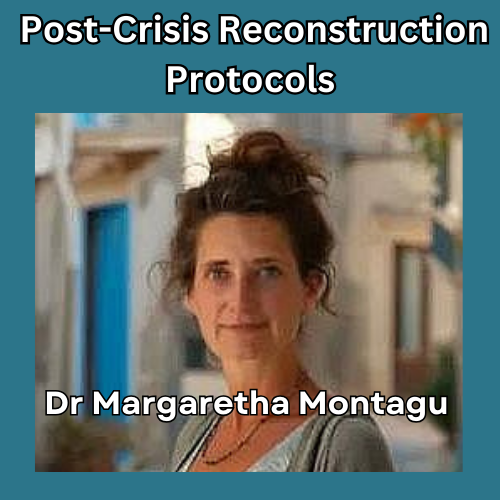How Transformational was Your Transformational Retreat?
As an introvert, shouting from the rooftops is not exactly something I contemplate doing every day. Today, I feel a pressing need to do so. More and more, the current retreat landscape is dominated by slick marketing promising “radical transformation.” Prices have skyrocketed, with week-long retreats easily costing $3,000-10,000, not including travel. While breathtakingly beautiful locations and luxurious accommodations may provide all the comfort you could wish for, they do not always correlate with actual transformative outcomes.
The irony is palpable: people are seeking authentic experience through highly commercialised packages. These retreats often follow formulaic structures—guided meditations, sharing circles, and breakthrough activities—regardless of participants’ unique needs. The result is an experience that feels manufactured rather than organic.
Perhaps the most troubling aspect of the retreat industrial complex is the lack of accountability. How do we measure transformation? Most retreats rely on end-of-program euphoria and testimonials gathered during emotional peaks rather than longitudinal studies tracking lasting change. This creates a cycle where immediate emotional catharsis is mistaken for fundamental transformation.
Genuine transformation isn’t a weekend or even a weeklong affair—it’s a process requiring sustained effort and integration. Yet few retreats offer substantive follow-up support or frameworks for maintaining changes once participants return to their everyday lives.
In our current climate of uncertainty and rapid technological change, we need a new approach to retreats that emphasises:
Authenticity over Luxury: Transformation doesn’t require infinity pools or gourmet meals. Often, the most profound growth happens in simple settings that remove distractions, rather than add comforts.
Qualified Facilitation: Many retreat leaders lack formal training in psychology, trauma-informed care, or group facilitation. In an unregulated industry, charisma is often mistaken for competence.
Accessibility: True transformation shouldn’t be limited to those who can afford premium prices. More affordable models—shorter durations, local venues, sliding scales—can democratise access without sacrificing quality.
Integration Support: Real change happens after the retreat ends. Programs should include robust follow-up structures: community connections, accountability partnerships, and practical tools for navigating everyday challenges.
Measurable Outcomes: Retreats should define clear, realistic objectives and track progress beyond the immediate afterglow. This might include well-being assessments, behavioural changes, or relationship improvements measured months after the experience.
The Slow Retreat Movement
What might an alternative model look like? Consider the emerging “slow retreat” movement, which emphasises:
Local Experiences: Rather than exotic destinations requiring carbon-intensive travel, these programs utilise nearby natural settings, reducing both environmental impact and cost.
Extended Timelines: Instead of intense transformations, these approaches might spread experiences over longer or multiple short local retreats, allowing for real-world integration between meetings.
Skill Building: Focus shifts from emotional breakthrough to practical skill development—stress management, communication techniques, purposeful technology use—that participants can immediately implement.
Community Connection: Rather than anonymous groups that disperse after the event, these retreats build local communities that continue supporting each other’s growth.
Conclusion
The retreat industry stands at a crossroads. It can continue down the path of commercialisation and commodification, or it can evolve toward more authentic, accessible, and measurable approaches to transformation.
In uncertain times, we don’t need more expensive escapes—we need sustainable practices that build resilience, foster genuine connection, and equip us with tools to navigate change. The most valuable retreats won’t be those with the highest price tags or the most dramatic promises, but those that create lasting, meaningful change in participants’ daily lives.
True transformation isn’t a product to be purchased but a process to be assimilated.
Perhaps the most revolutionary retreat model is one that teaches us how to find meaning and growth not in extraordinary escapes, but in our ordinary lives.

“I am an experienced medical doctor – MBChB, MRCGP, NLP master pract cert, Transformational Life Coach (dip.) Life Story Coach (cert.) Counselling (cert.) Med Hypnotherapy (dip.) and EAGALA (cert.) I may have an impressive number of letters after my name, and more than three decades of professional experience, but what qualifies me to excel at what I do is my intuitive understanding of my clients’ difficulties and my extensive personal experience of managing major life changes using strategies I developed over many years” Dr M Montagu

